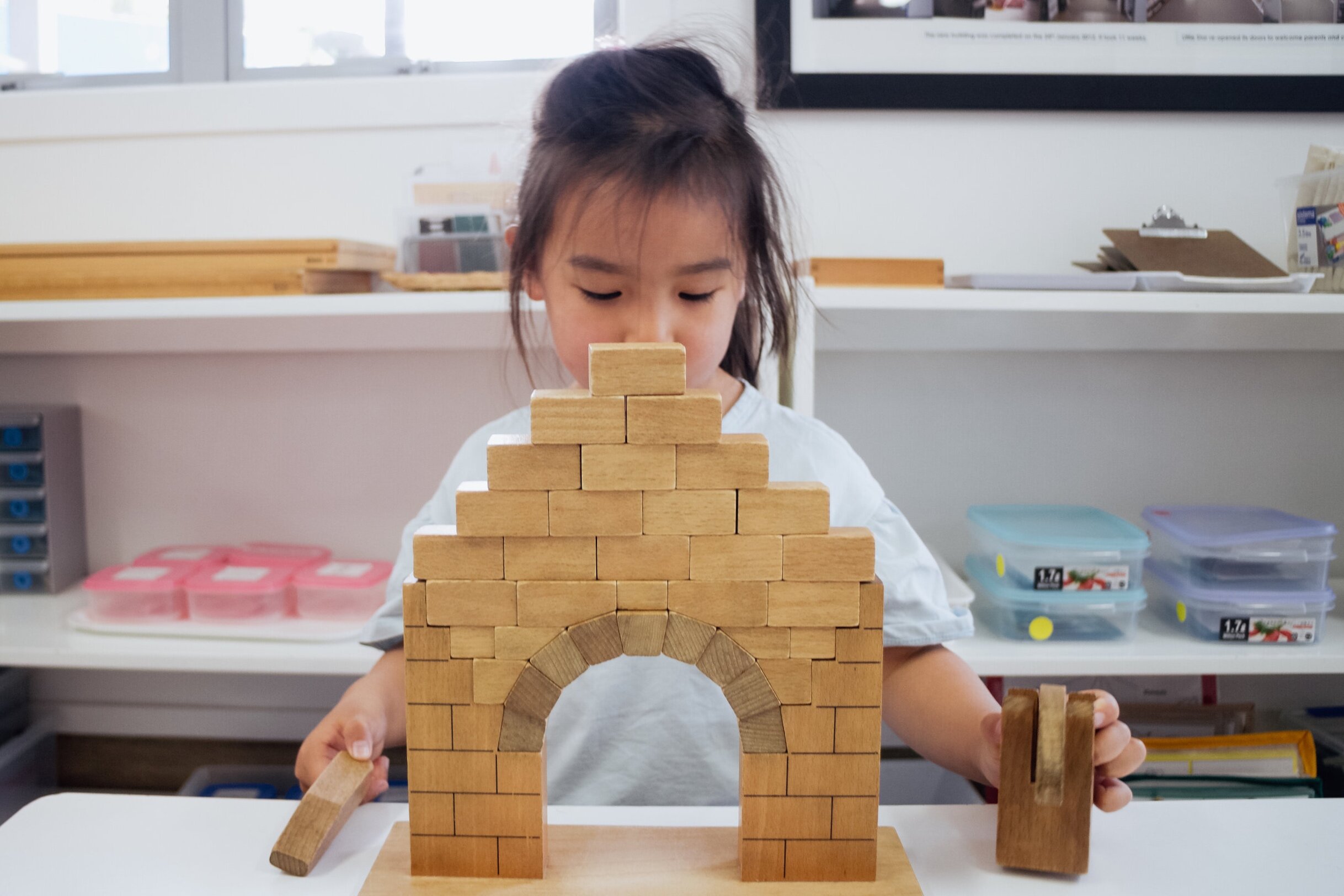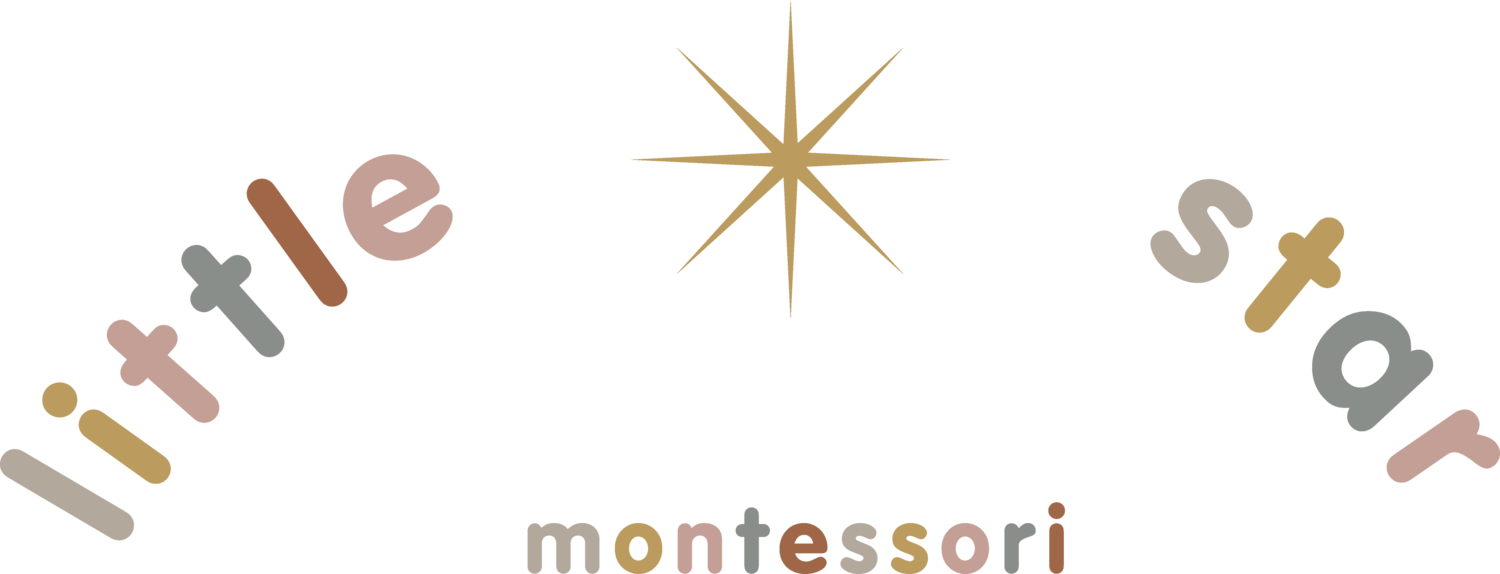Our vision
Dream it.
Our vision is to create an environment aim to support each child's unique development of becoming a capable, confident, respectful, responsible and creative learner.
Our Philosophy...
Little Star Montessori's philosophy is embodied in the phrase “Follow the child.” The child’s individuality and individual interests are acknowledged within the programme. Little Star Montessori aims to develop a child's full potential within a prepared environment, rich with choices and opportunities.
How we achieve it…
A well-established and prepared environment that provides opportunities for each child to develop self regulation, self-motivation, independence, concentration and responsibility.
Purposeful and meaningful activities adhering to the Montessori Method of Education and the Te Whariki curriculum.
Opportunities for children to experience different aspects of learning which develop self-care skills, grace and courtesy, high literacy and numeracy skills, music and movement and acquisition of general knowledge, physical and social skills.
Opportunities to foster creativity through various means and media.

“Little Star Montessori aims to develop a child's full potential within a prepared environment, rich with choices and opportunities.”
— Rachel Loo
What makes Little Star Montessori unique?
Children’s ability to concentrate and persevere while engaged in purposeful activity.
Freedom to choose their own activities based on their interests and working at their own pace. (Research findings confirmed that children learn best when provided with choices and when they are actively involved in decision making in meaningful learning experiences.)
The teachers are unobtrusive, observing students engage in self-directed, individual or group activity, facilitating and guiding them only when necessary. (Interrupting children when they are engaged in purposeful activity is a hindrance to their learning as it interferes with their momentum, concentration, interest and inner working thoughts.)
Children working co-operatively together, showing kindness, consideration and respect.
The environment is orderly, peaceful and aesthetically pleasing, keeping in touch with nature and natural materials.
Teachers show respect and reverence for each individual child and vice-versa.
Allowing children to develop a meaningful degree of independence, self-regulation and a sense of responsibility. (Dr. Montessori's words "Help me do it myself" is empowering.)
Children are empowered to excel in their learning and to experience the joy of learning.
Each child is accepted and treated as special and unique.
“The goal of early childhood education should be to activate the child’s own natural desire to learn.”
— Maria Montessori
